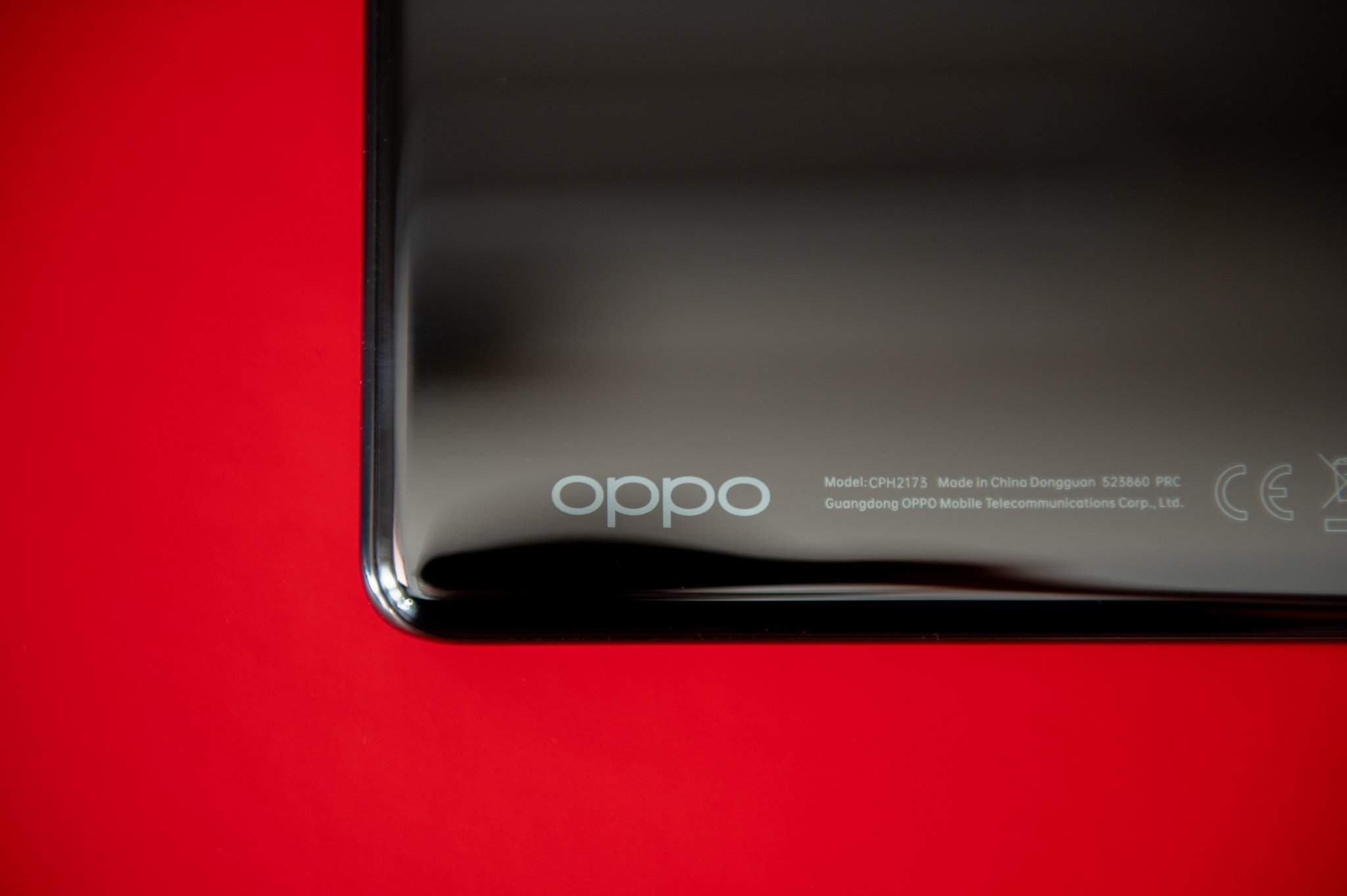Qualcomm should start worrying as OPPO is rumored to build high-end chip
Qualcomm is losing its grip as the global chip shortage strains smartphone production.
What you need to know- OPPO is rumored to develop its own high-end smartphone chips.
- The 3nm chipsets would be built by TSMC and launch in 2023 or 2024.
- The move would follow Google, which just launched the Pixel 6 with its own custom-built chip.
OPPO reportedly wants to take more control of its production according to the latest rumor from Nikkei Asia suggesting that the company is seeking to build its own smartphone chipset.
Sources close to the matter told the publication that the SoC would be built with TSMC based on its 3nm process. This is the same manufacturer Apple uses for its chips in the iPhone.
The phones powered by the alleged SoC reportedly won't launch until 2023 at the earliest. Still, it would signal a slow shift away from Qualcomm after Google launched its flagship Pixel 6 series with a custom-built Tensor chip (and Qualcomm wasn't exactly amused by it).
Samsung is also said to start using its own Exynos chips in more of its Galaxy phones in 2022, which could further spell trouble for Qualcomm, which has been struggling to keep up with demand due to the global semiconductor shortage.
Earlier this year, rumors pointed to OPPO launching a 5G chip by later this year or early next year, although it seems its efforts are being pushed back. Xiaomi was also said to reenergize its efforts to develop its own SoC.
The production troubles are likely fueling OPPO's resolve as the company reportedly ramps up development efforts in the wake of Huawei's drama with the U.S. more or less taking the company out as a major player. OPPO has allegedly been recruiting chip developers and AI experts from competing companies like MediaTek, Qualcomm, and Huawei.
For now, OPPO continues to use Qualcomm for its best Android phones like the OPPO Find X3 Pro, with MediaTek used for other models.
That said, if OPPO does end up using its own SoC, one might wonder if this would extend to OnePlus as well now that the two companies are joined at the hip. However, the bigger question is whether or not this SoC would be able to compete with Qualcomm's top-of-the-line Snapdragon chips.
